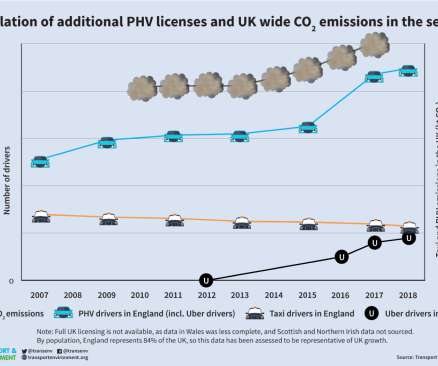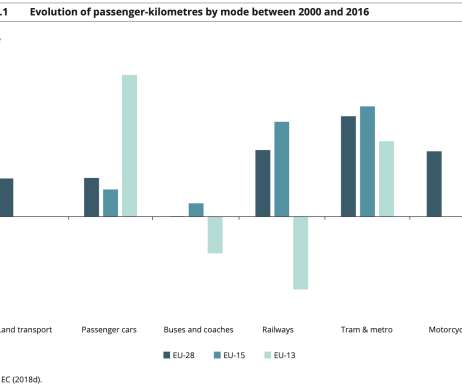ExxonMobil: diesel will surpass gasoline as the number one global transportation fuel by 2020
Green Car Congress
MARCH 9, 2013
Diesel will surpass gasoline as the number one transportation fuel worldwide by 2020 and continue to increase its share through 2040, according to ExxonMobil’s recently published Outlook For Energy: A View To 2040. Diesel demand accounts for 70% of the growth in demand for all transportation fuels through the forecast period to 2040.








































Let's personalize your content